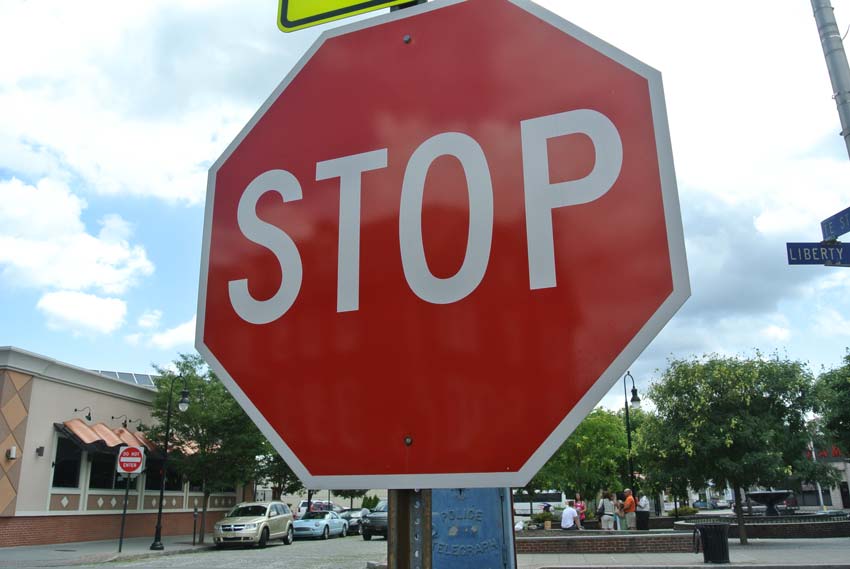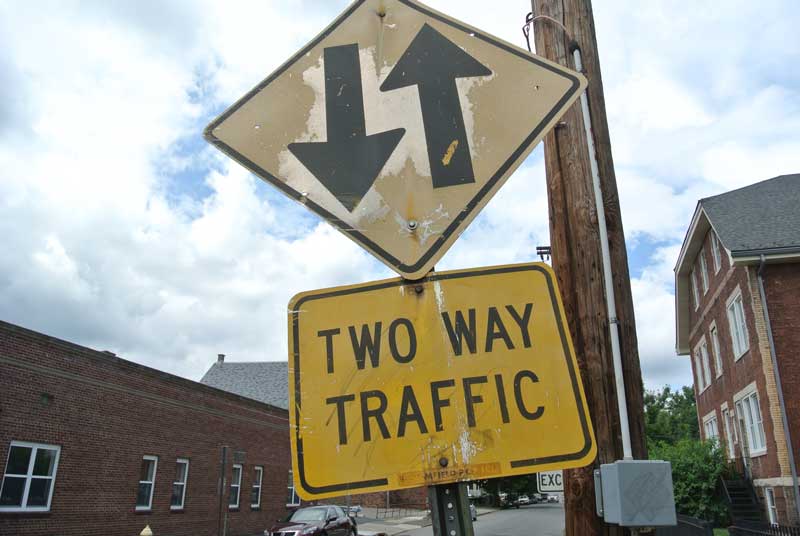The New Jersey Legislature passed a law earlier this year which required that rideshare services like Uber provide automobile insurance as follows:
(1) primary automobile liability insurance in the amount of at least $1,500,000 for death, bodily injury, and property damage;
(2) primary automobile insurance for medical payments benefits in an amount of at least $10,000 per person per incident, which shall only apply to and provide coverage for the benefit of the transportation network company driver; and
(3) uninsured and underinsured motorist coverage in an amount of at least $1,500,000.
If you are a passenger in an Uber vehicle and the Uber driver causes an accident you can collect up to 1.5 million from Uber’s insurance carrier. That’s good news. If you collide with a vehicle being driven by an Uber driver who causes an accident, you are also able to collect up to 1.5 million from Uber’s insurance carrier. That’ also good news.
Although the New Jersey Law governing Uber requires that rideshare companies provide $10,000 per person per incident medical payment benefits to its drivers, the Uber website doesn’t mention these medical benefits. Also, Uber doesn’t provide workers compensation insurance benefits, because it contends that Uber Drivers aren’t employees but independent contractors. The Question of whether an Uber driver is an employee or an independent contractor is likely to be decided by the Court shortly. Here is why.
The least protected person in an Uber car or who is injured by an Uber car is the Uber Driver. New Jersey Automobile policies provide coverage for medical treatment. The medical treatment portion of an Automobile policy (Standard Policy) called Personal Injury Protection (or PIP for short) provides up to $250,000 towards payment of medical bills incurred as a result of treatment-related to an accident. There is also a Basic Policy which provides almost no benefits but we don’t recommend purchasing that policy. The PIP medical bill coverage is only available if you are driving your vehicle for your own personal use. If you are using your personal vehicle to drive for Uber, the PIP medical bill coverage is not available and your insurance carrier will likely disclaim coverage because you were using your vehicle for a commercial purpose (driving as a ridesharing service/taxi). If you have private medical insurance, you could seek payment of medical bills through that policy. At present, most policies will provide coverage if PIP medical bill coverage is not available but that may change when policies are renewed because of increased claims due to PIP medical bills coverage being denied.
A solution would be for Uber to pursue Workers Compensation insurance. It could still deny that Uber drivers are employees. An Uber driver could purchase the coverage through the Uber app and pay as they drove by deducting a premium based on mileage. To our knowledge, this method of billing doesn’t presently exist but is something regulators need to review and implement because rideshare services like Uber are here to stay. If a driver purchased workers’ compensation insurance the driver would have less reason to file a Workers Compensation claim since they would have medical bills paid and temporary disability benefits to hold them over during their recovery period.
If you have questions or need assistance after being involved in an accident you can call 1-800-311-3020 and we will answer your questions and provide our expert assistance.

